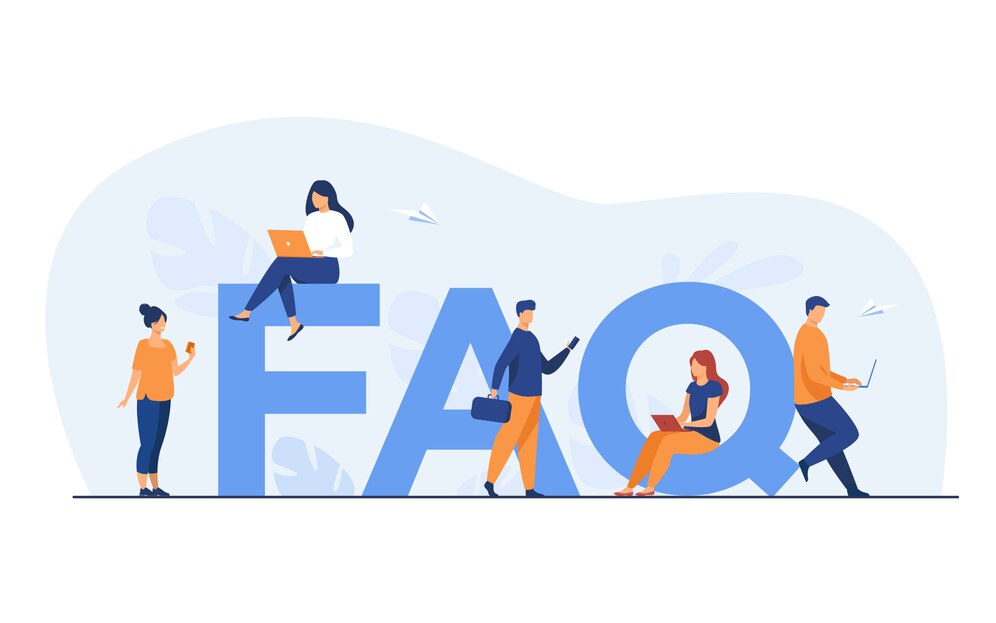Table of contents
The Olympic Games are one of the most celebrated sporting events in human history, uniting the world every four years in a display of athletic excellence, cultural pride, and peaceful competition. But while millions tune in to watch the games today, few truly understand the rich and fascinating history behind this global tradition.
From their mythological beginnings in ancient Greece to the multi-billion-dollar spectacles of the modern era, the Olympic Games have evolved dramatically over the centuries. This blog post dives deep into the origins, transformations, and lasting legacy of the Olympic movement.
The Ancient Olympic Games: A Tribute to the Gods
The origins of it can be traced back to ancient Greece, specifically to Olympia, where the first recorded games took place in 776 BCE. These early competitions were held in honor of Zeus, the king of the Greek gods, and were more than just athletic contests—they were deeply religious and cultural festivals.
Key Facts About Ancient Olympics:
- Held every 4 years in Olympia, known as an “Olympiad”
- Only free Greek men were allowed to compete
- Events included foot races, wrestling, discus, javelin, long jump, and chariot racing
- Winners were awarded olive wreaths and immortal glory
The ancient games were a unifying force for the fragmented Greek city-states and were suspended only during times of war, showing their sacred significance.
The Decline and Revival of the Olympic Games

The Olympic Games continued for over 1,000 years until they were banned in 393 CE by Roman Emperor Theodosius I, who sought to suppress pagan rituals. The games then vanished for centuries—until their remarkable revival in the 19th century.
The Modern Revival:
- Led by Baron Pierre de Coubertin, a French educator and historian
- The first modern Olympics were held in Athens, Greece, in 1896
- Featured 13 nations and 241 athletes competing in 43 events
- Reignited the Olympic spirit with the motto: “Citius, Altius, Fortius” (Faster, Higher, Stronger)
De Coubertin believed that international sports competition could foster peace and understanding between nations—an ideal that still defines the Olympics today.
The Olympic Games in the 20th and 21st Centuries
Over the past 100+ years, the Olympic Games have grown into the largest sporting event on the planet, with over 200 nations participating in recent editions.
Major Milestones:
- 1924: The first Winter Olympics in Chamonix, France
- 1960: First Olympics broadcast on television (Rome)
- 1980 & 1984: Cold War-era boycotts by USA and USSR
- 1992: Professional athletes allowed to compete
- 2021: The Tokyo Games held after a one-year pandemic delay
The Olympics now feature more than 30 sports and 300 events, including newer additions like skateboarding, surfing, and sport climbing—showcasing both tradition and innovation.
The Symbolism and Traditions of the Olympic Games
The Olympic Games are more than just competition—they’re rich in symbols and traditions that carry deep meaning:
- Olympic Rings: Represent the five continents united by sport
- Torch Relay: A flame lit in Olympia is carried across the globe to the host city
- Opening Ceremony: A celebration of culture, pageantry, and unity
- Medal Ceremonies: Honoring the top three finishers in each event
These elements contribute to the emotional and cultural impact of the Olympics, making it a unique and revered global event.
The Olympic Games and Global Impact
The Olympics have a profound effect on:
- International relations and diplomacy
- Economic and tourism boosts for host cities
- Social movements and athlete activism
- Inspiration for youth and future generations
From Jesse Owens’ defiance of Nazi ideology in 1936 to the rise of female athletes and Paralympians breaking barriers, the Olympic Games have always been more than sport—they are a reflection of society’s progress.
FAQs About the Olympic Games

The original Olympic Games began in 776 BCE in ancient Greece. The modern version was revived in 1896 in Athens.
The Olympics are held every four years. The Summer and Winter Games alternate every two years (e.g., Summer in 2024, Winter in 2026).
The main goal is to bring nations together in peaceful competition, celebrate athletic excellence, and promote global unity through sport.
Any athlete who meets the qualification standards of their sport and is selected by their national Olympic committee can participate, regardless of race, gender, or background.
Final Thoughts
The Olympic Games are a testament to human potential—an inspiring blend of history, culture, and athletic brilliance. From humble beginnings in ancient Olympia to the grand international festivals we know today, the Games continue to evolve while preserving the core values of respect, excellence, and friendship.
As the world gathers every few years to celebrate sport and unity, we’re reminded that the Olympic flame still burns bright, illuminating the power of competition to bring us closer together.




